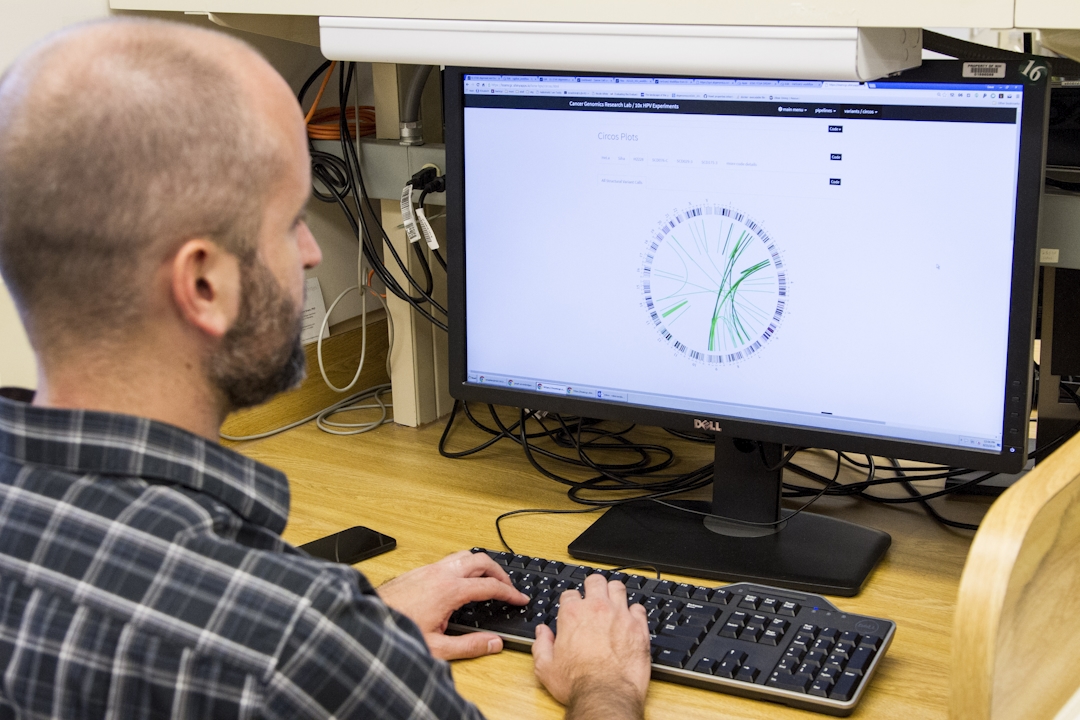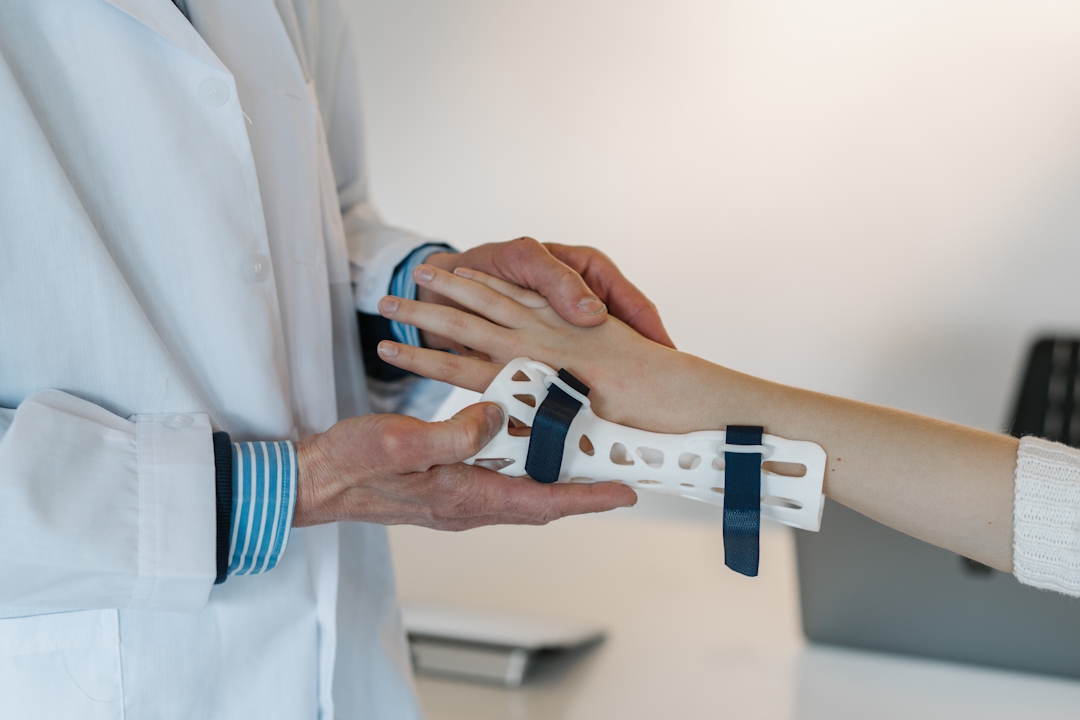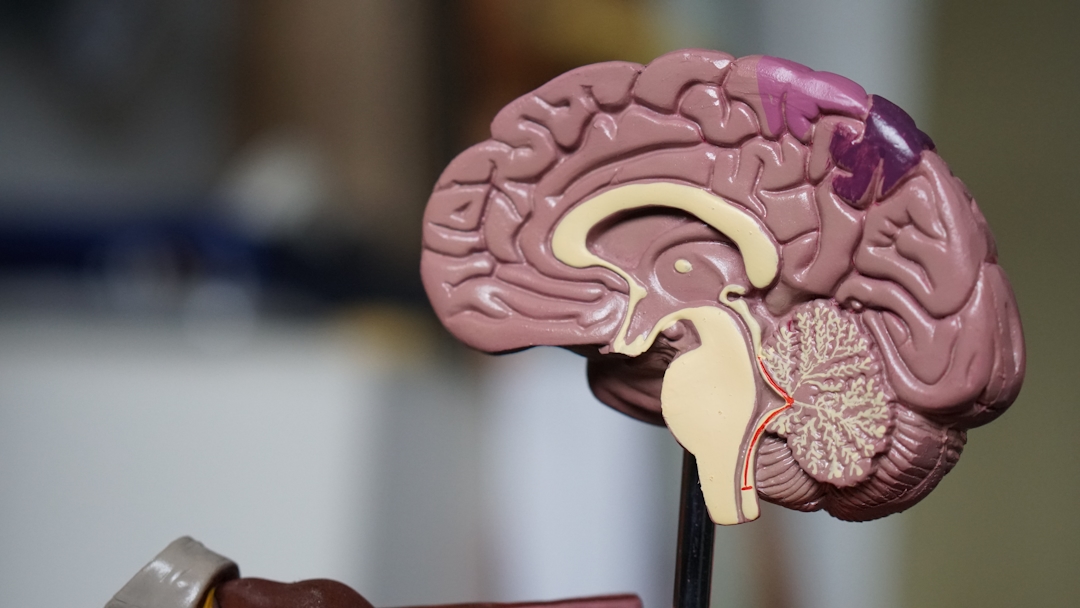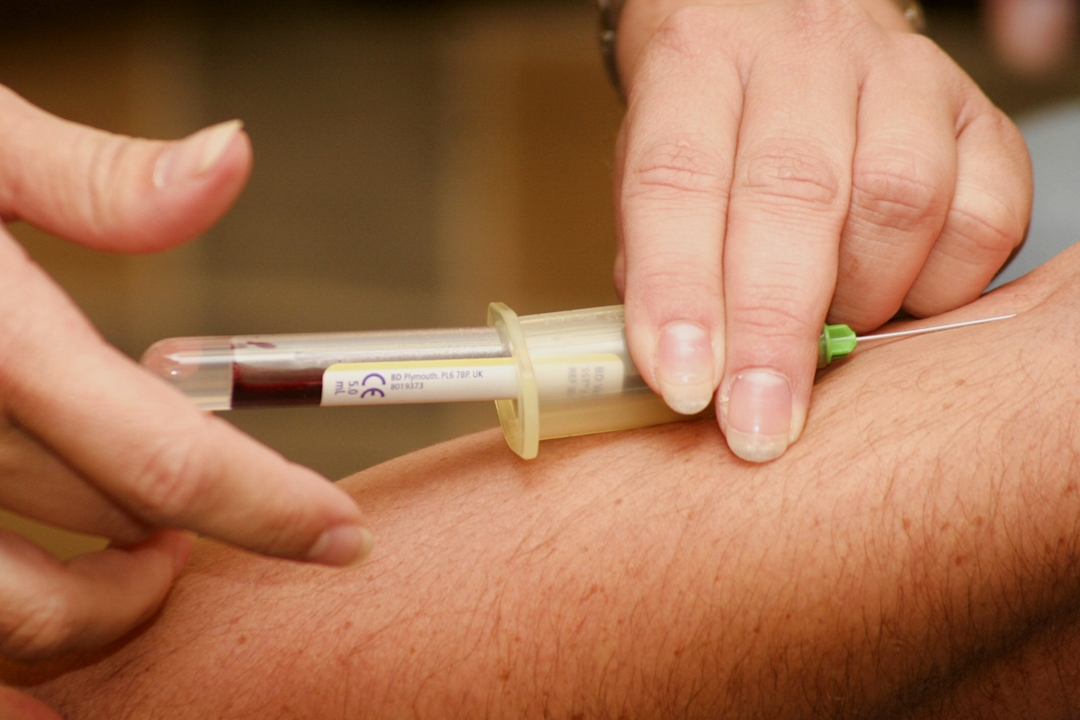
Gene Therapy: Rewriting DNA to Cure the Incurable
Explore how gene therapy revolutionizes medicine, offering hope for previously untreatable genetic disorders and complex diseases.

Audio Summary
Key Takeaways
- Gene therapy revolutionizes treatment for previously incurable diseases
- Precise genetic editing tools like CRISPR-Cas9 open new possibilities
- Breakthroughs in treating rare disorders and certain cancers show promise
- Ethical considerations include accessibility and unintended consequences
- Gene therapy may lead to personalized medicine and improved health outcomes

The Promise of Gene Therapy: Rewriting the Rules of Healthcare
Imagine a world where devastating genetic diseases could be cured with a single treatment. This isn't science fiction—it's the promise of gene therapy, a groundbreaking medical approach that's rewriting the rules of healthcare.
By directly modifying our DNA, scientists are developing ways to treat and potentially cure diseases once thought incurable. Gene therapy represents a paradigm shift in medicine, offering hope to millions of people affected by inherited disorders and complex genetic conditions.
As this revolutionary field advances, it's opening up new possibilities for treating a wide range of diseases, from rare genetic disorders to more common ailments like heart disease and cancer. The impact of gene therapy extends far beyond the laboratory, touching the lives of patients and their families, and challenging our understanding of what's possible in modern medicine.

How Gene Therapy Works: Fixing the Body's Instruction Manual
Gene therapy is a revolutionary medical approach that aims to treat diseases at their genetic roots. At its core, this innovative technique involves modifying or replacing faulty genes with healthy ones. Think of it as fixing a typo in the body's instruction manual. Our genes, which are segments of DNA, act like blueprints for our bodies. When these blueprints have errors, it can lead to various health problems. Gene therapy offers a way to correct these errors directly. The Process: Scientists use special delivery vehicles called vectors—often harmless viruses—to transport healthy genes into cells. Once inside, these new genes can either replace the faulty ones or work alongside existing genes to help the body function properly. It's like sending in a repair team to fix a broken machine. This approach has shown promise in treating a range of conditions, from inherited disorders to certain types of cancer. CRISPR-Cas9: Genetic Scissors: One of the most exciting tools in gene therapy is CRISPR-Cas9, often described as genetic scissors. This technology allows scientists to make precise changes to DNA, opening up new possibilities for treating genetic disorders. Potential and Challenges: Like any powerful tool, gene therapy comes with both potential benefits and risks. As research progresses, scientists are working to make these treatments safer and more effective, potentially transforming the way we approach previously incurable diseases.

Breakthroughs in Gene Therapy: From Rare Diseases to Cancer
Gene therapy has made remarkable strides in recent years, offering hope for conditions once considered untreatable. Here are some of the most significant breakthroughs:
Spinal Muscular Atrophy (SMA): A single-dose gene therapy called Zolgensma has shown impressive results in infants with SMA, a rare genetic disorder affecting muscle strength and movement. This treatment has dramatically improved motor function and survival rates, exemplifying the life-changing potential of gene therapy.
Inherited Blood Disorders:
- Hemophilia: Gene therapy trials have shown promising results for hemophilia, a condition where blood doesn't clot properly. Some patients have achieved near-normal clotting factor levels, reducing or eliminating the need for regular infusions.
- Sickle Cell Disease: Researchers are making headway in treating sickle cell disease, with early trials demonstrating the possibility of producing healthy red blood cells through gene therapy.
- Inherited Blindness: In ophthalmology, Luxturna, a gene therapy for a rare form of inherited blindness, has successfully restored vision in patients with a specific genetic mutation. This treatment not only improves sight but also offers a new lease on life for those affected.
- Cancer Treatment: CAR-T cell therapy, a type of gene therapy, has shown remarkable success in treating certain blood cancers. This approach involves modifying a patient's own immune cells to better target and destroy cancer cells, essentially giving the immune system a pair of cancer-seeking glasses.
- Future Prospects: While these breakthroughs are exciting, many gene therapies are still in clinical trials. Researchers are working to expand the applications of gene therapy to a wider range of conditions, including neurological disorders like Parkinson's and Alzheimer's. As the field advances, gene therapy may become a standard treatment option for numerous genetic and acquired diseases, potentially transforming the landscape of modern medicine.

The Future of Gene Therapy: Promise and Ethical Considerations
As gene therapy advances, it brings both tremendous potential and significant ethical challenges. Here's a look at the future landscape of this revolutionary field:
Ethical Considerations:
- Unintended Consequences: Altering genes, even with good intentions, may cause changes affecting future generations. This raises questions about long-term impacts on human evolution and biodiversity.
- Access and Equity: Many gene therapies are extremely expensive, often costing millions per treatment. This creates concerns about healthcare inequality and who can access these potentially life-saving therapies.
- 'Designer Babies' Debate: While current therapies focus on treating diseases, there are concerns about using this technology to enhance traits like intelligence or physical appearance. This raises questions about the limits of genetic modification and decision-making authority.
Promising Developments: Despite these challenges, gene therapy's future looks promising:
- Researchers are working to make treatments more affordable and accessible.
- More precise gene-editing tools are being developed to minimize unintended effects.
- As our understanding of genetics grows, we may be able to treat or prevent a wider range of diseases, from rare genetic disorders to common conditions like heart disease and diabetes.
Personalized Medicine Revolution: Gene therapy could revolutionize personalized medicine, leading to treatments tailored to specific genetic makeups. This could result in more effective treatments with fewer side effects, potentially improving health outcomes and quality of life for millions.
The Path Forward: Realizing gene therapy's potential requires ongoing dialogue between scientists, ethicists, policymakers, and the public. Clear guidelines and regulations are needed to ensure responsible development and use of gene therapy.
As we move forward, it's crucial to balance the enormous potential of gene therapy with careful consideration of its ethical implications. By doing so, we can harness the power of genetic medicine to improve human health while safeguarding our values and the welfare of future generations.

Gene Therapy: A Revolutionary Approach to Medicine
Gene therapy stands at the forefront of medical innovation, offering hope for conditions once thought incurable. By directly addressing the genetic roots of diseases, this groundbreaking approach has the potential to transform lives.
Remarkable Successes: We've seen notable achievements in treating:
- Rare genetic disorders
- Certain types of cancer
- Vision restoration in specific cases
Advanced Tools: Tools like CRISPR-Cas9 have opened new possibilities for precise genetic editing, paving the way for more targeted and effective treatments.
Ethical Considerations: As we venture further into this exciting field, we must navigate complex ethical considerations:
- Accessibility and healthcare equity
- Potential unintended consequences
- Responsible use of genetic modification
These issues require careful thought and ongoing discussion among scientists, ethicists, policymakers, and the public.
A Promising Future: Despite these challenges, the future of gene therapy looks bright. As research progresses and treatments become more refined and accessible, we may be entering an era where personalized genetic medicine becomes a reality for many.
While there's still much to learn and overcome, gene therapy represents a powerful tool in our quest to improve human health and well-being. It offers the potential to revolutionize medicine, providing new hope for patients and pushing the boundaries of what's possible in healthcare.
References
- How Gene Therapy Can Cure or Treat Diseases - FDA | Publication: FDA | Link: https://www.fda.gov/consumers/consumer-updates/how-gene-therapy-can-cure-or-treat-diseases
- Future of genetic therapies for rare genetic diseases: what to expect - PMC | Publication: PMC | Link: https://www.ncbi.nlm.nih.gov/pmc/articles/PMC10032453/
- Gene therapy - Mayo Clinic | Publication: Mayo Clinic | Link: https://www.mayoclinic.org/tests-procedures/gene-therapy/about/pac-20384619
- Gene Therapy and Genetic Engineering - MU School of Medicine | Publication: MU School of Medicine | Link: https://medicine.missouri.edu/centers-institutes-labs/health-ethics/faq/gene-therapy
- What is gene therapy? - MedlinePlus Genetics | Publication: MedlinePlus Genetics | Link: https://medlineplus.gov/genetics/understanding/therapy/genetherapy/

Related Blog Content

Precision Medicine: Revolutionizing Patient Care Through Personalized Treatments
Discover how precision medicine tailors treatments to individual genetic profiles, transforming healthcare with targeted therapies and improved outcom
Read More
AI in Medicine: Transforming Diagnostics and Treatment Planning
Explore how AI revolutionizes medical diagnostics and treatment plans, enhancing accuracy and personalization in patient care.
Read More
From Ancient Remedies to Modern Marvels: Medicine's Epic Journey Through Time
Explore medicine's fascinating evolution, from ancient healing practices to cutting-edge treatments, and the pioneers who shaped healthcare.
Read MoreReady to optimize your biology?
Nutritionaly is free to start. Build better habits, unlock insights, and watch your Bio-Score rise.